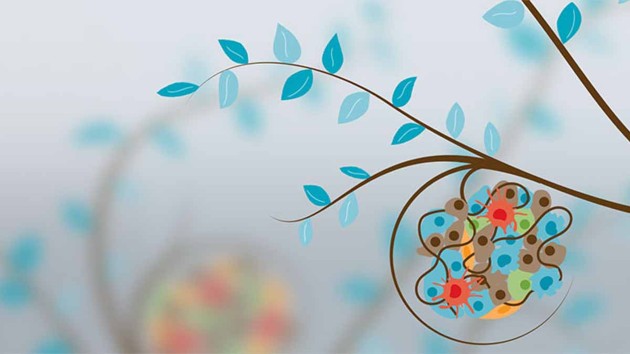Collection |
Collections
Filters
-
Collection Type
-
-
Collection |
A Decade in Medicine
The past 10 years has seen great advances in the understanding and treatment of human disease. For expert perspectives on the most important breakthroughs, don't miss the FREE A Decade in Medicine eBook. In this special collection of 47 articles, leading experts highlight the most important advances in eight medical specialties between 2004 and 2015, and comment on future developments in their fields.
-
Collection |
 Autophagy
Autophagy
A web focus from Cell Death & Differentiation, Cell Death & Disease, Nature Reviews Cancer, Nature Cell Biology, Nature Reviews Molecular Cell Biology and Nature Structural & Molecular Biology. We hope you enjoy this focus including work from the world's most recognized experts in the field of autophagy.
-
Collection |
Hepatocellular Carcinoma
Nature Reviews Clinical OncologyandNature Reviews Gastroenterology & Hepatologytogether present a selection of articles covering key aspects of the pathogenesis and treatment of hepatocellular carcinoma, including insights into disease pathways and possible future therapeutic targets. This timely Web Collection provides an invaluable educational resource for scientists, clinicians and medical students with an interest in improving outcomes of patients with this deadly disease.
-
Collection |
Colorectal cancer
Colorectal cancer (CRC) is a major worldwide health problem owing to its high prevalence and mortality rates. In the USA, CRC is the third most commonly diagnosed cancer and third leading cause of cancer death in both men and women. The American Cancer Society estimates that in 2011 about 141,210 people in the USA will be diagnosed with CRC and about 49,380 people will die of the disease. It is estimated that over 40,000 of the adult UK population are diagnosed with CRC each year. If diagnosed early CRC is also one of the most curable types of cancer with cure rates as high as 90%. Evidence shows that the majority of CRCs could be prevented by applying existing knowledge of cancer prevention and by increasing the use of established screening tests.

 Cancer Evolution
Cancer Evolution